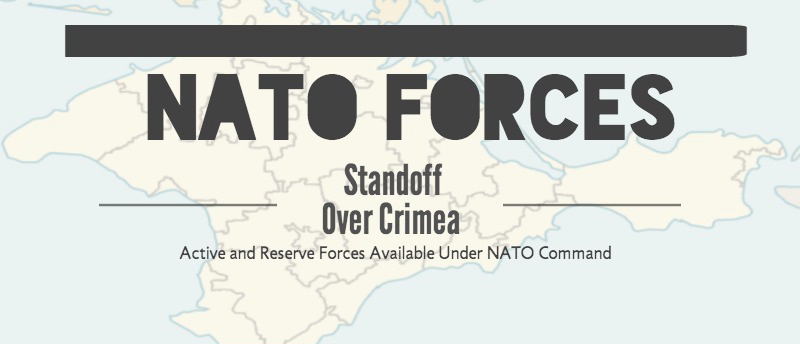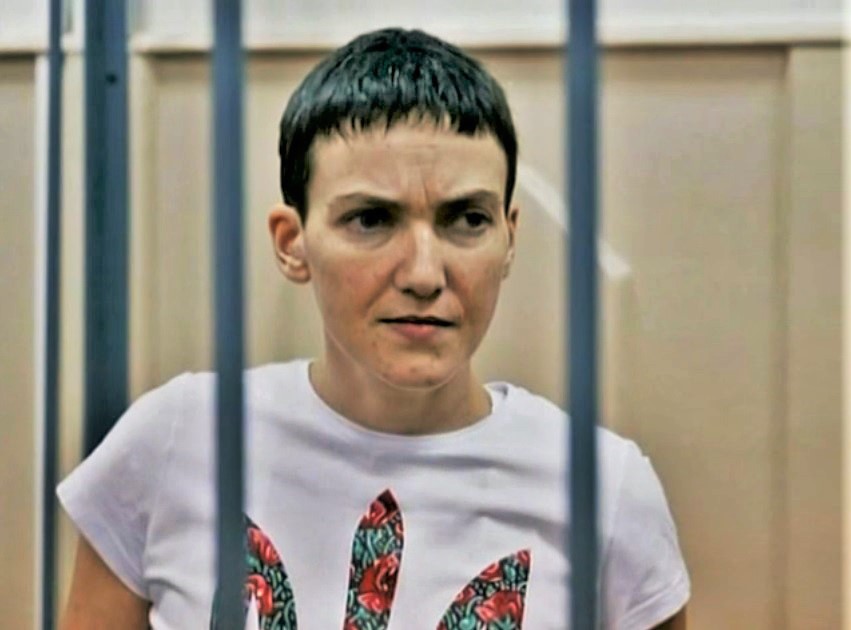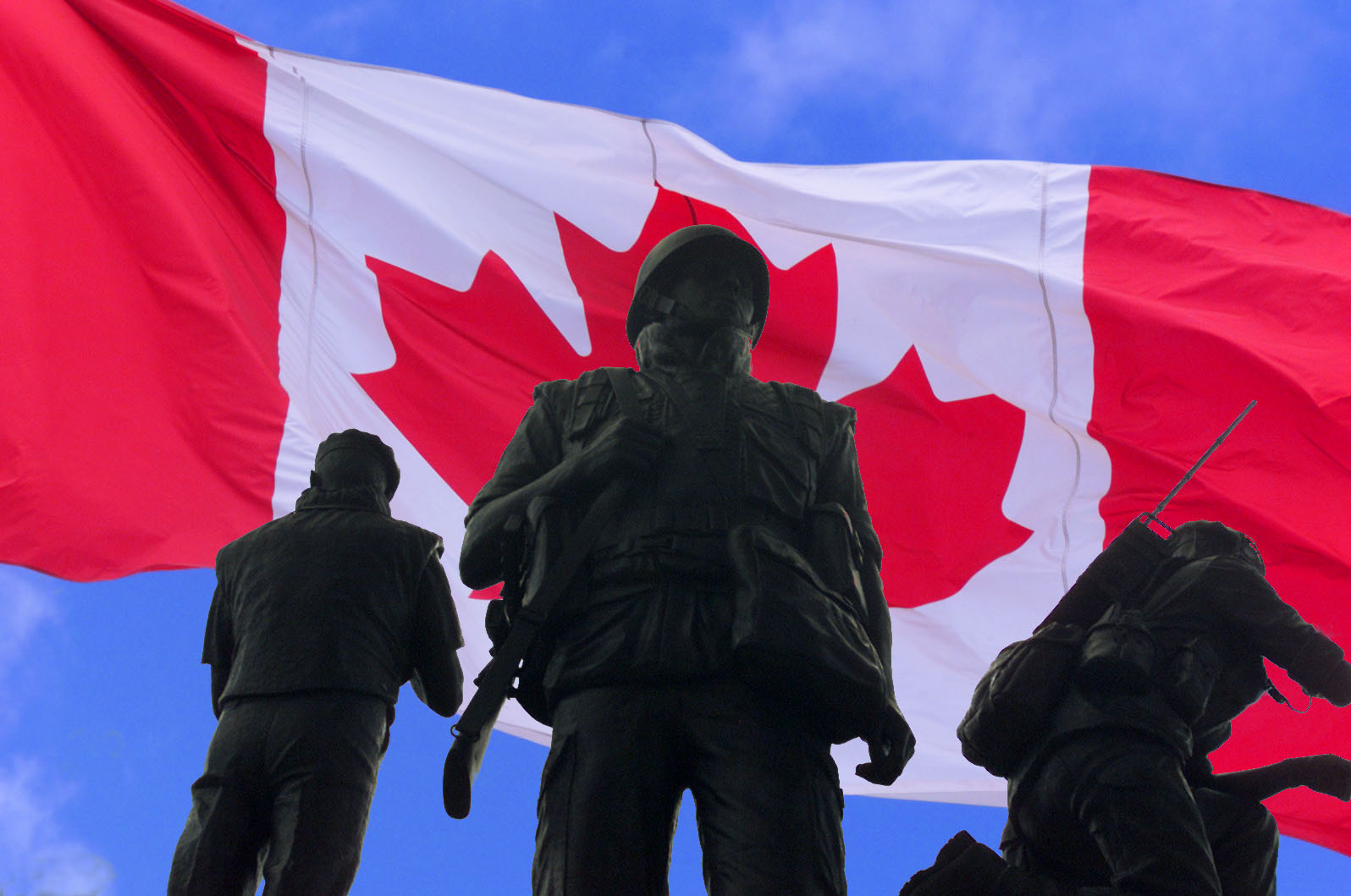“There are two powers in the world; one is the sword and the other is the pen. There is great competition and rivalry between the two. There is a third power stronger than both, that of the women.”
Muhammad Ali Jinnah, the founder of Pakistan, was right.
The strength of women is inimitable and plays an indispensable role in a nation’s struggles.

Extremist, ideological terrorism continues to be one of the biggest challenges for Pakistan, particularly since it joined the United States’ “War on Terror.” As the country’s military and civilian establishments make efforts to eradicate terrorist hideouts on their soil, the women of Pakistan have been doing an exemplary job playing their part in countering terrorism.
Historically, counter-violent extremism or terrorism was a male-dominated field. The international community has only recently seriously considered how vital women are in the fight against extremist ideologies that may lead to violent terrorism. This shift in thinking is, in large part, thanks to the success certain women have had in fighting terrorism in their communities.
Counter-terrorism often consists of two kinds of approaches: hard and soft. A hard counter-terrorism approach, which has been utilized primarily, includes policing, intelligence and judiciary platforms. The soft counter-terrorism approach, which needs to be employed more often, involves formal education (revising the curriculum to promote a tolerant culture), family education, enhancing extremist detection systems, and rehabilitation efforts, as well as campaigns and workshops operated by Non Governmental Organizations (NGOs). In recent years, female participation in both hard and soft approaches to counter-terrorism in Pakistan has grown immensely.
The Pakistani military, inspired by women’s effectiveness in counter-terrorism efforts, graduated its first female contingent from its Counter-Terrorism Force, at the Elite Police Training School in Bedian, in 2015. Female police commandos were also trained in the Pakistani province of Khyber-Pakhtunknwa, a conservative province dealing with an increasing amount of extremist and ideological terrorism. Given the recent trend exemplified above, it can be assumed that in the future, more women will join platforms such as the military, which employ a hard approach to combat extremism.
Female presence in the soft approach to counter-terrorism in Pakistan is equally successful. Pakistani activist for female education and the youngest Nobel Peace Prize winner, Malala Yousufzai, has become a global figure symbolizing the rivalry between the pen and sword. While living in the Swat Valley, where the Tehrik-e-Taliban Pakistan (TTP) banned girls from attending schools, she raised her voice to advocate and promote female education. She wrote a blog for the British Broadcasting Company (BBC), exposing the life of a female child under the rule of such extremist ideologies to the world. She refused to give up her activism and in 2012, was shot while boarding her school bus. Fortunately, she survived the injuries and later founded The Malala Fund, an organization that aims to empower girls through education, as she firmly believes that educating children is the best tool against terrorism.
“If you hit a Talib with your shoe, then there would be no difference between you and the Talib. You must not treat others with cruelty and that much harshly, you must fight others but through peace, through dialogue and through education.”- Malala Yousufzai
Her confrontation with the TTP to defend one’s rights in Swat is an admirable act of bravery and serves as a shining example for women around the world.
The NGO, PAIMAN Alumni Trust, is another prominent organization in Pakistan, which launched programs like Women Moderating Extremism. This program aims to engage women in the rehabilitation process for individuals affected by violent extremism. It also runs a project called Communities Waging Peace through Youth and Mothers where mothers are trained to identify early signs of radicalization in their children, and decrease the susceptibility of internally displaced adolescent girls.
The women of Pakistan are fighting to free their country from the cancer of religious extremism which has plagued it for more than a decade. Pakistani women serve as a role model for women around the world who are striving to bring a change to their countries.
Muhammad Ali Jinnah said that no struggle can ever be overcome unless women participate equally with men. Perhaps, with more women joining the fight against terrorism, Pakistan can finally eradicate this menace.






